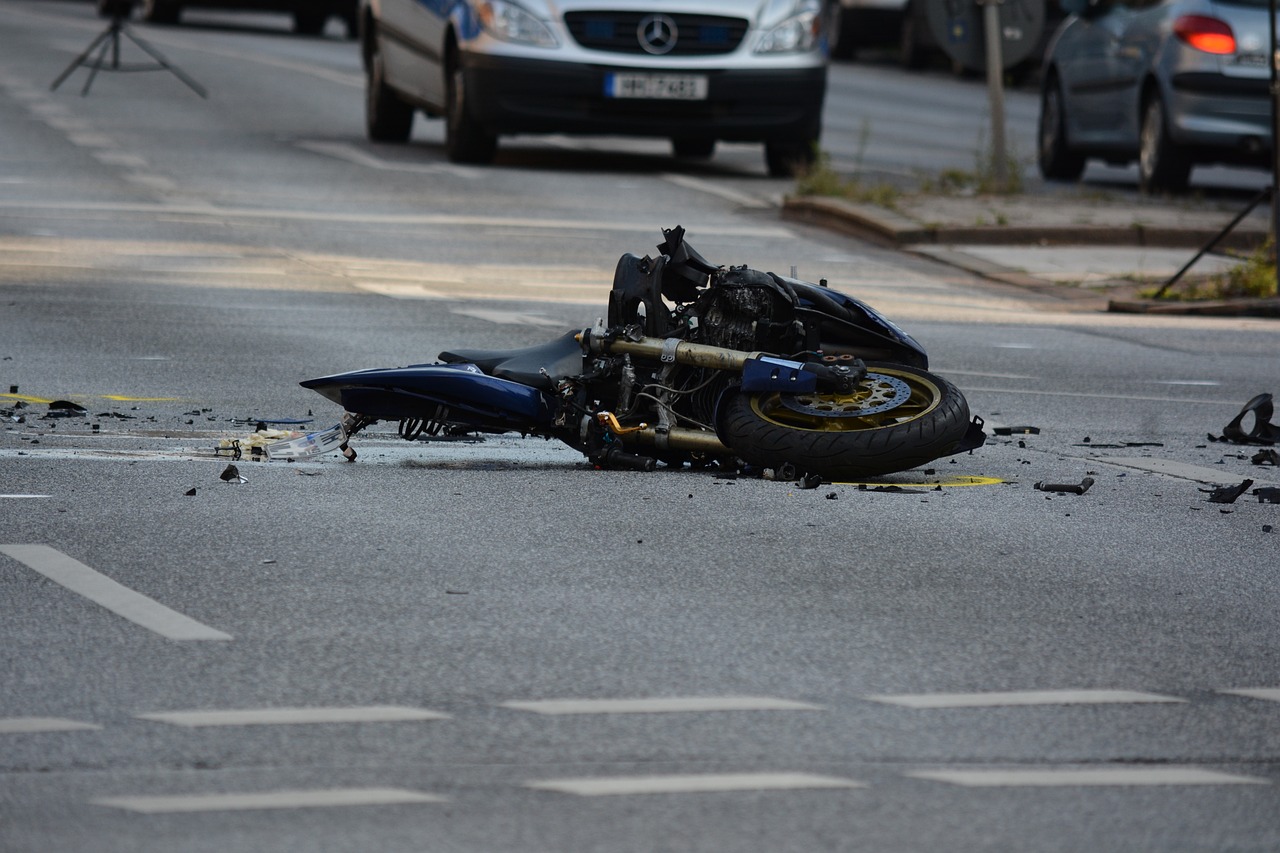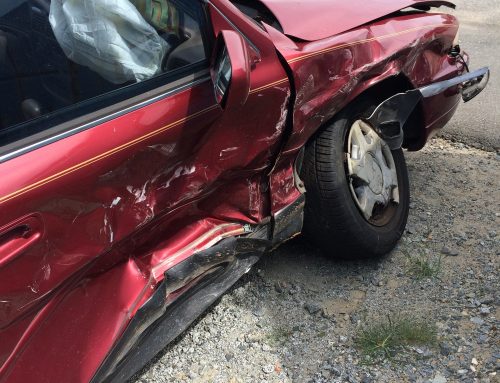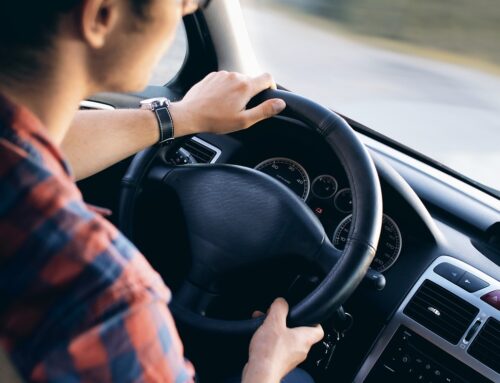Thousands of motorcyclists in Florida hit the road every year, but the thrill of the open road also comes with significant risks. By their very nature, motorcycles offer riders less protection than cars and motorcycle accidents can be devastating. But in addition to a greater risk of physical injuries, motorcyclists often deal with unique and challenging issues when it comes to securing compensation for their injuries. Whether you’re a rider or a family member of someone injured on the road, you shouldn’t leave your driveway before you have a plan of action just in case.
Establishing Fault and Liability in Motorcycle Accidents
Given the smaller profile and high maneuverability of motorcycles, it’s easy for other drivers and witnesses to misinterpret the events leading to a crash. Even if an accident is not your fault, there is always the risk of competing claims that put your compensation at risk. Compiling a comprehensive set of evidence to clarify these incidents is the best way to get the help you need, but we understand that injured parties can’t do this alone. That’s where personal injury attorneys experienced in motorcycle accidents can help.
The first step in building a strong case involves collecting all possible data from the accident scene to know what you are working with. Photographs and video recordings that capture the road conditions, vehicle positioning, and immediate impacts – anything that may help in accident reconstruction and visualization. Attorneys can work to gather this evidence from nearby security cameras, witnesses, or dashcams, as we touched upon in a recent blog.
Alongside visual documentation from witnesses, testimony from eyewitnesses can help fill in the gaps. These reports often contain observations and preliminary judgments about the accident that can influence the case’s direction. We mentioned how witnesses may not always know what happened or have a reliable memory, but that doesn’t mean they should be disregarded entirely. Eyewitness accounts add depth to the narrative, providing varied perspectives that counter initial assumptions about the motorcyclist’s behavior. Sometimes, witnesses can help establish the behavior of the motorcyclist minutes before the accident if they drove in tandem along the road. Cameras, on the other hand, will not be able to capture these preceding moments in their entirety.
One of the reasons for gathering evidence is to aid accident reconstruction specialists who testify in your case and work with your attorneys. They offer insights into the dynamics of the crash, explaining to jurors how specific interactions between vehicles and road conditions led to the accident. Collecting evidence and detailing exactly how an accident occurred makes it easier for non-experts to understand who was truly at fault in scenarios lacking visual evidence.
Overcoming Bias to Secure Fair Compensation
Motorcyclists often suffer from biases that can hinder their quest for justice and fair compensation after an accident. These biases, whether they stem from misconceptions about motorcyclist behavior or the inherent dangers of riding, can profoundly influence the attitudes of jurors and insurance adjusters. Of course, no one should have their compensation lowered due to biases, but this is a reality you must consider.
People without experience riding are often confused about the proper and legal way to ride a bike on Florida roads. In these cases, thorough education about motorcycle riding and motorcyclists’ rights is usually enough to eliminate these early biases. Motorcycles have the right to drive unimpeded within their lanes, but if someone encroaches too close, motorcyclists typically move to safety. Witnesses who do not understand the situation may erroneously perceive the sudden movement of a bike as lane splitting, which is prohibited. After gathering visual evidence and accident reconstructions, your attorneys should be able to show proper and legal driving on your part and dispel any rumors of misconduct.
In addition to reshaping perceptions, lawyers need to meticulously detail the accident’s impact on the victim’s life. The injuries in motorcycle accidents are often severe, and juries must understand the full extent of the victim’s suffering and the need for adequate compensation. Even if your case doesn’t end up before a jury and remains in negotiations, accurately detailing this information to insurance negotiations lets them know that you and your attorneys are serious, knowledgeable, and unwilling to accept anything except what is fair.
If you have been injured on Florida roads while riding a motorcycle, our team is ready to help. Contact Probinsky & Cole today to schedule your free consultation at one of our Sarasota, Brandon / Tampa, or Orlando offices.








